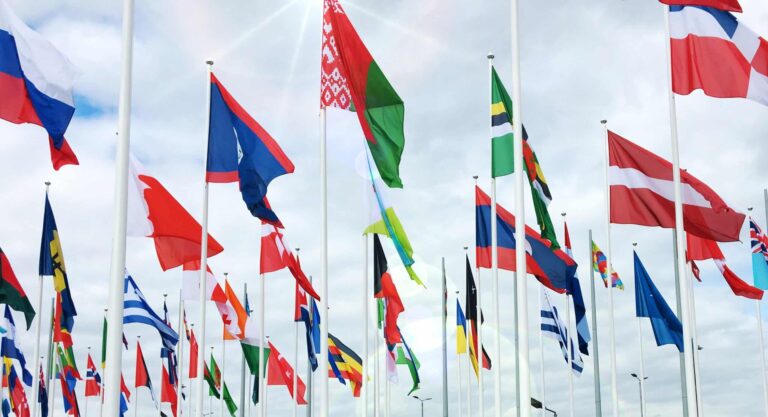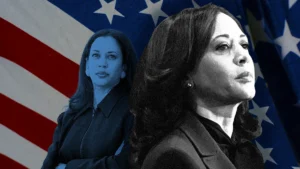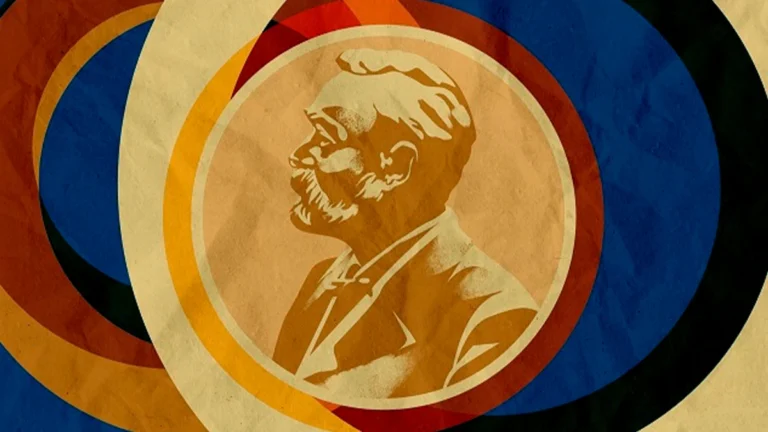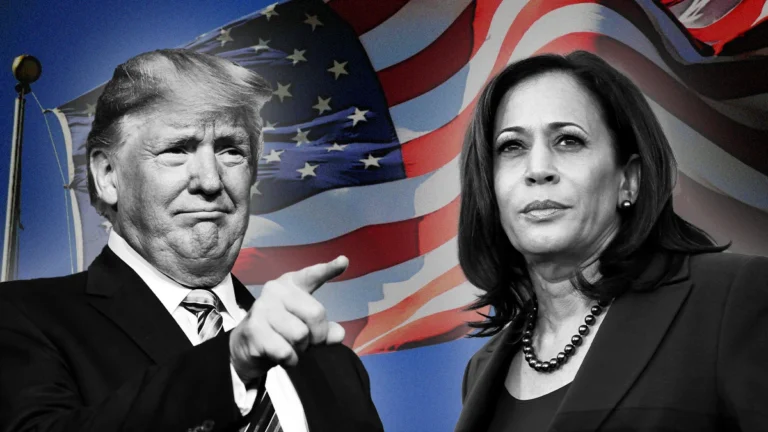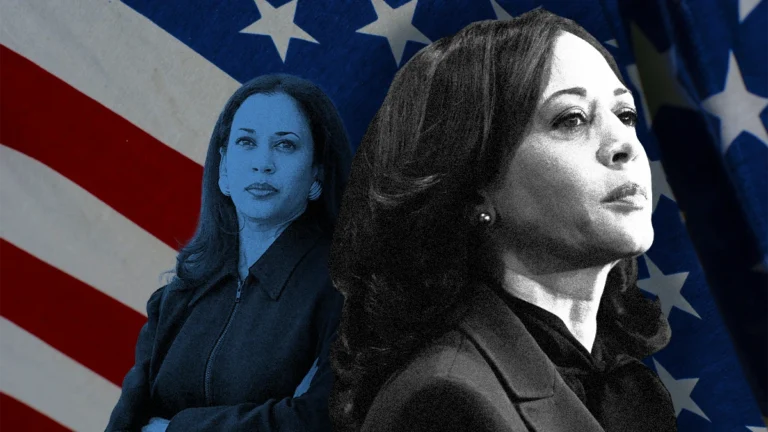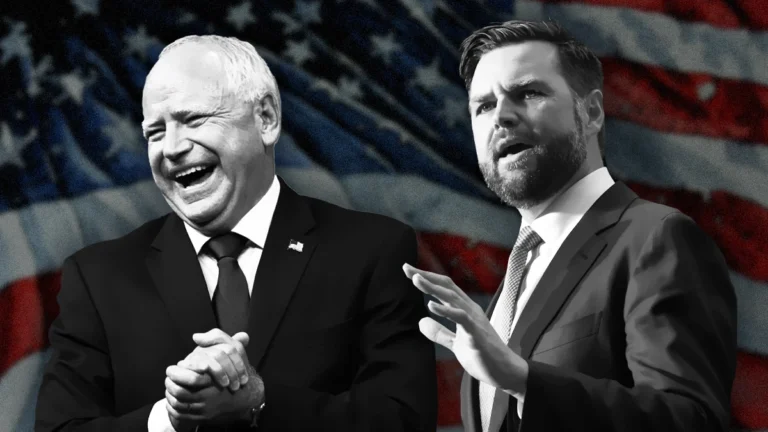The World Trade Organization (WTO) is a global organization that regulates international trade and commerce between nations. Established in 1995, it ensures that trade flows smoothly, predictably, and freely across borders.
The WTO has a membership of 164 countries, making it one of the largest international organizations in the world. Here, we will explore what the WTO is, its leadership, advantages and disadvantages, and why it is important. We will also discuss the main functions of the WTO in further detail.
Table of Contents
What Is the World Trade Organization (WTO)?
The World Trade Organization is an intergovernmental organization that regulates and oversees international trade and commerce between nations. Its main goal is to ensure that trade flows smoothly, predictably, and freely across borders while promoting sustainable economic growth and development.
The World Trade Organization was established on January 1, 1995, succeeding the General Agreement on Tariffs and Trade (GATT), which had been in place since 1948. The WTO has a membership of 164 countries, which account for over 98% of global trade, making it one of the most significant international organizations in the world.
WTO Leadership
The World Trade Organization (WTO) leadership consists of three main bodies: the Ministerial Conference, the General Council, and the Director-General. Representatives from all member countries compose the highest decision-making body of the WTO, the Ministerial Conference. It meets every two years to discuss and make decisions on trade-related issues.
Ambassadors from each member country make up the General Council. They are responsible for overseeing the day-to-day work of the WTO. The Director-General is the head of the WTO Secretariat, responsible for supporting the WTO’s committees and negotiating bodies.
The Director-General is appointed by the Ministerial Conference and serves a four-year term. Currently, Ngozi Okonjo-Iweala is the Director-General of the WTO, the first woman and first African to hold this position.
Advantages and Disadvantages of the WTO
The World Trade Organization (WTO) has both advantages and disadvantages. One of the main advantages of the WTO is that it promotes free trade by reducing trade barriers such as tariffs, quotas, and subsidies.
This helps increase economic growth and development, create jobs, and lower consumer prices. The WTO also provides a forum for member countries to negotiate and resolve trade disputes. This helps to reduce the likelihood of trade wars.
However, the WTO also has some disadvantages. Critics argue that the WTO promotes the interests of developed countries over developing countries. This can lead to a “race to the bottom” in terms of labor and environmental standards. The WTO has also been criticized for being too secretive and undemocratic, with decisions made by a small group of powerful countries. Additionally, some countries may be forced to open up their markets to foreign competition. This may harm local industries and cause job losses.
The advantages and disadvantages of the WTO are complex and depend on a variety of factors, including the specific trade agreements in place and the economic and political contexts of each member country.
Main functions of the World Trade Organization
The World Trade Organization (WTO) has several main functions. First, it facilitates the negotiation of trade agreements between member countries, which helps to reduce trade barriers and promote free trade. These agreements cover a wide range of trade-related issues, including tariffs, subsidies, intellectual property, and services.
Second, the WTO provides a forum for member countries to discuss and resolve trade disputes. The WTO designed its dispute settlement system to be transparent, efficient, and enforceable, helping to prevent trade wars and maintain a stable trading environment.
Third, the WTO monitors national trade policies and provides training and technical assistance to help member countries implement WTO agreements and integrate into the global trading system.
Fourth, the WTO cooperates with other international organizations to promote sustainable development and environmental protection through its trade-related agreements.
Finally, the WTO considers the interests of developing countries in the global trading system. This includes providing technical assistance and training, promoting capacity-building, and ensuring that developing countries are able to participate fully in the WTO’s decision-making processes.
The World Trade Organization (WTO) is a critical institution for world economic growth
The World Trade Organization (WTO) is an essential global organization that plays a crucial role in regulating international trade and commerce between nations.
Its main functions include promoting free and fair trade, resolving trade disputes, monitoring national trade policies, providing technical assistance and training, promoting sustainable development and environmental protection, and supporting the interests of developing countries in the global trading system.
While the WTO has advantages and disadvantages, it remains a critical institution that helps maintain a stable and predictable trading environment. WTO stimulates economic growth and development and creates jobs worldwide.
Read also: What are the 17 UN Sustainable Development Goals: is the world on track to reach them by 2030?

